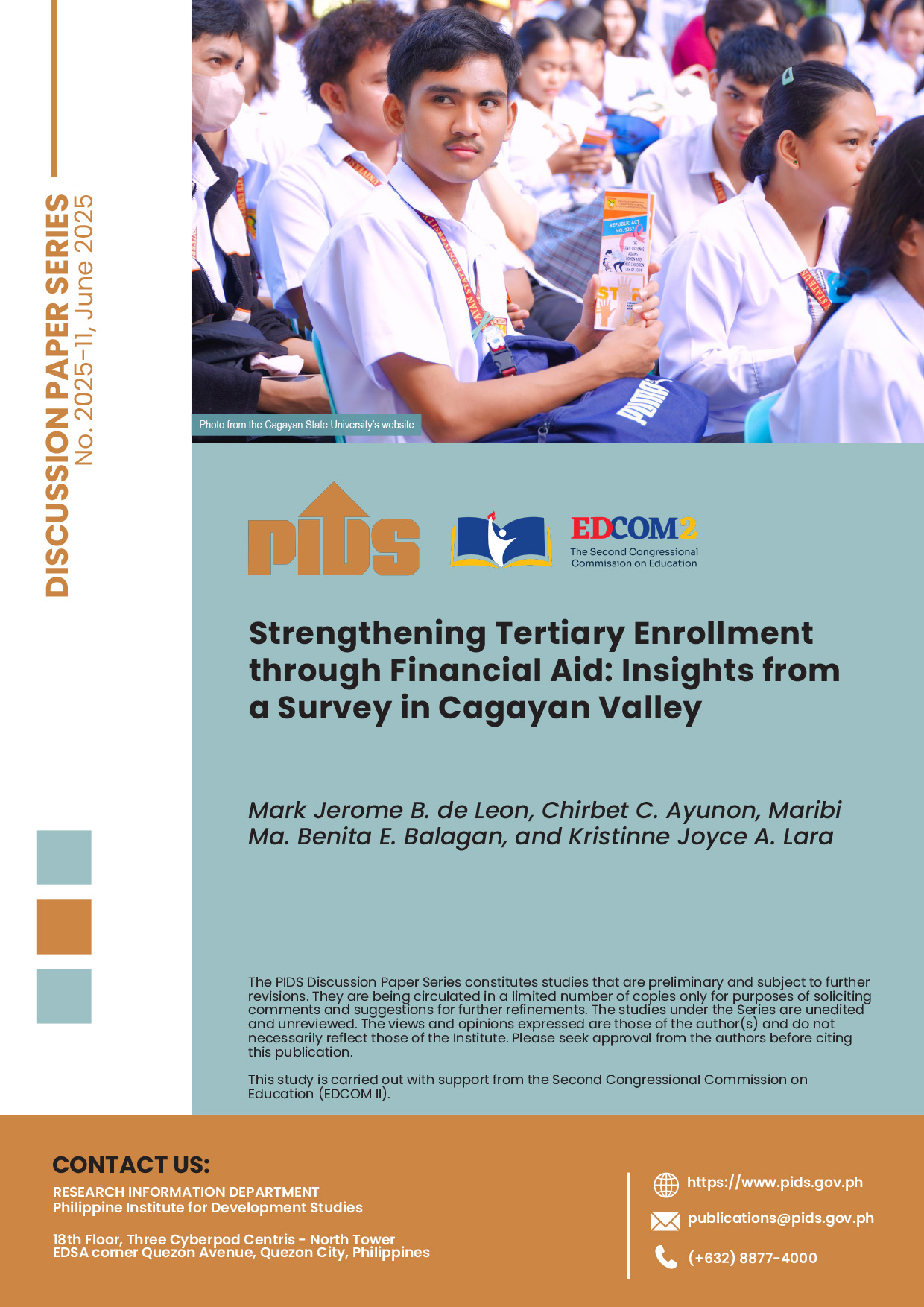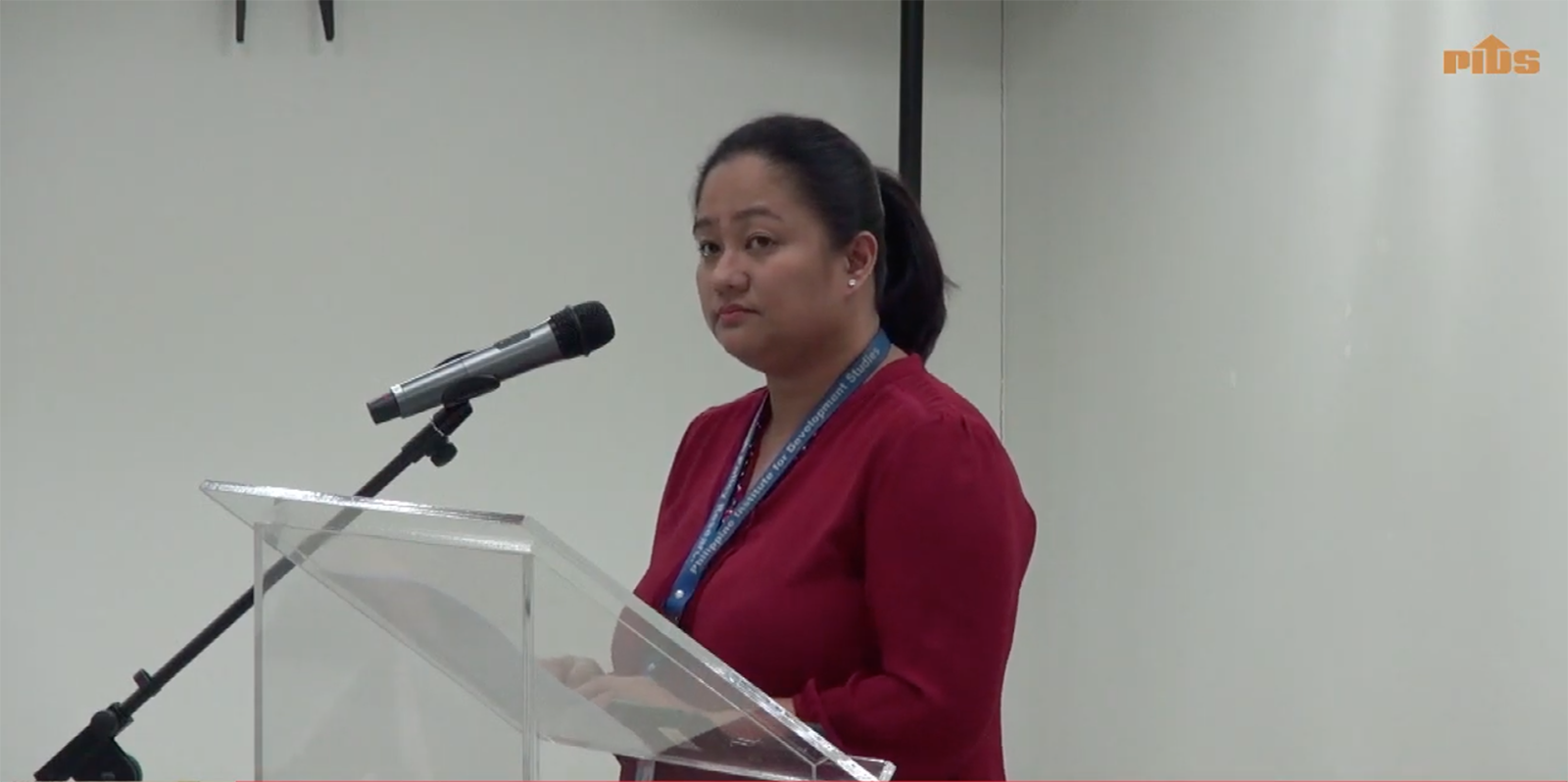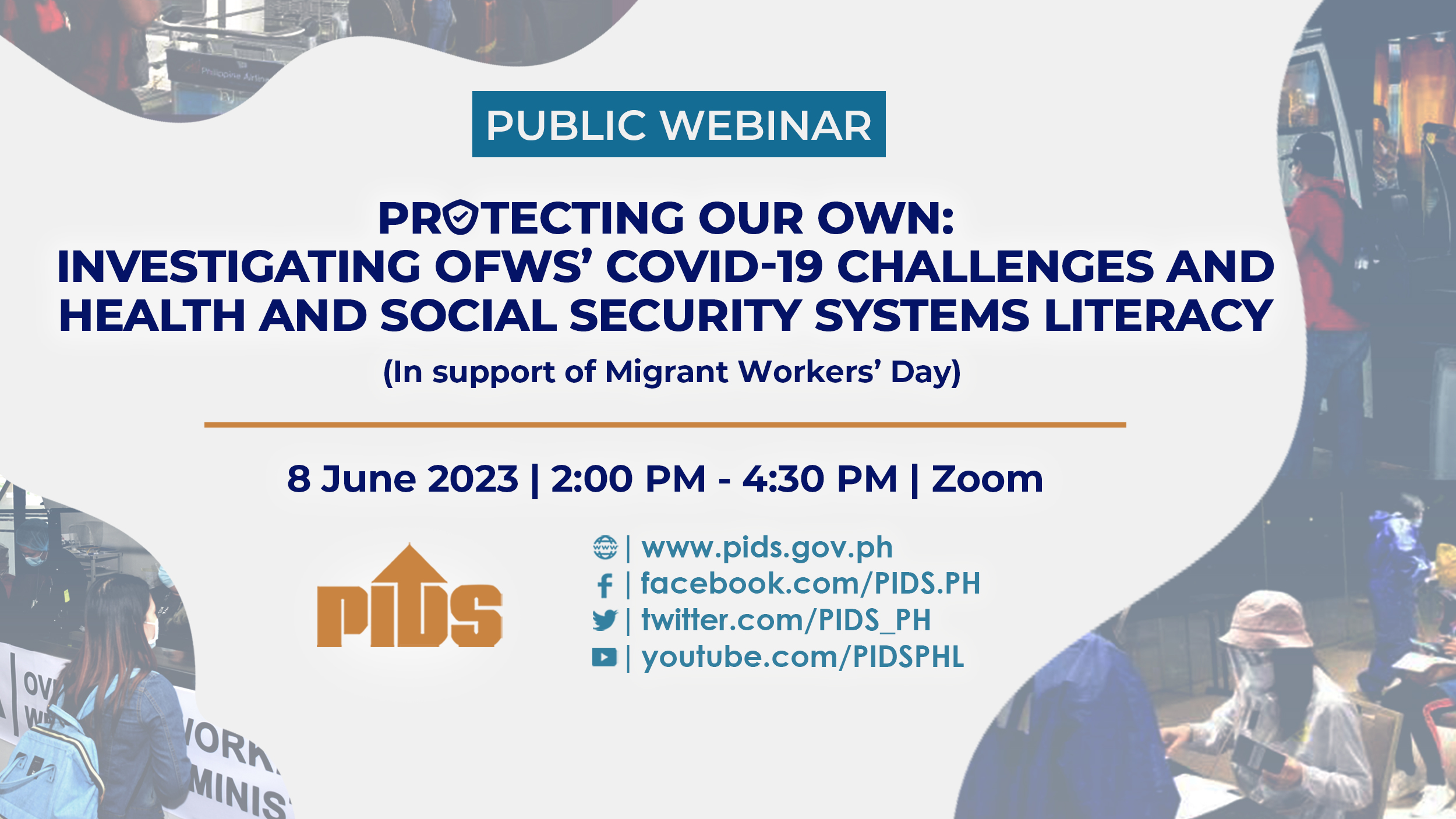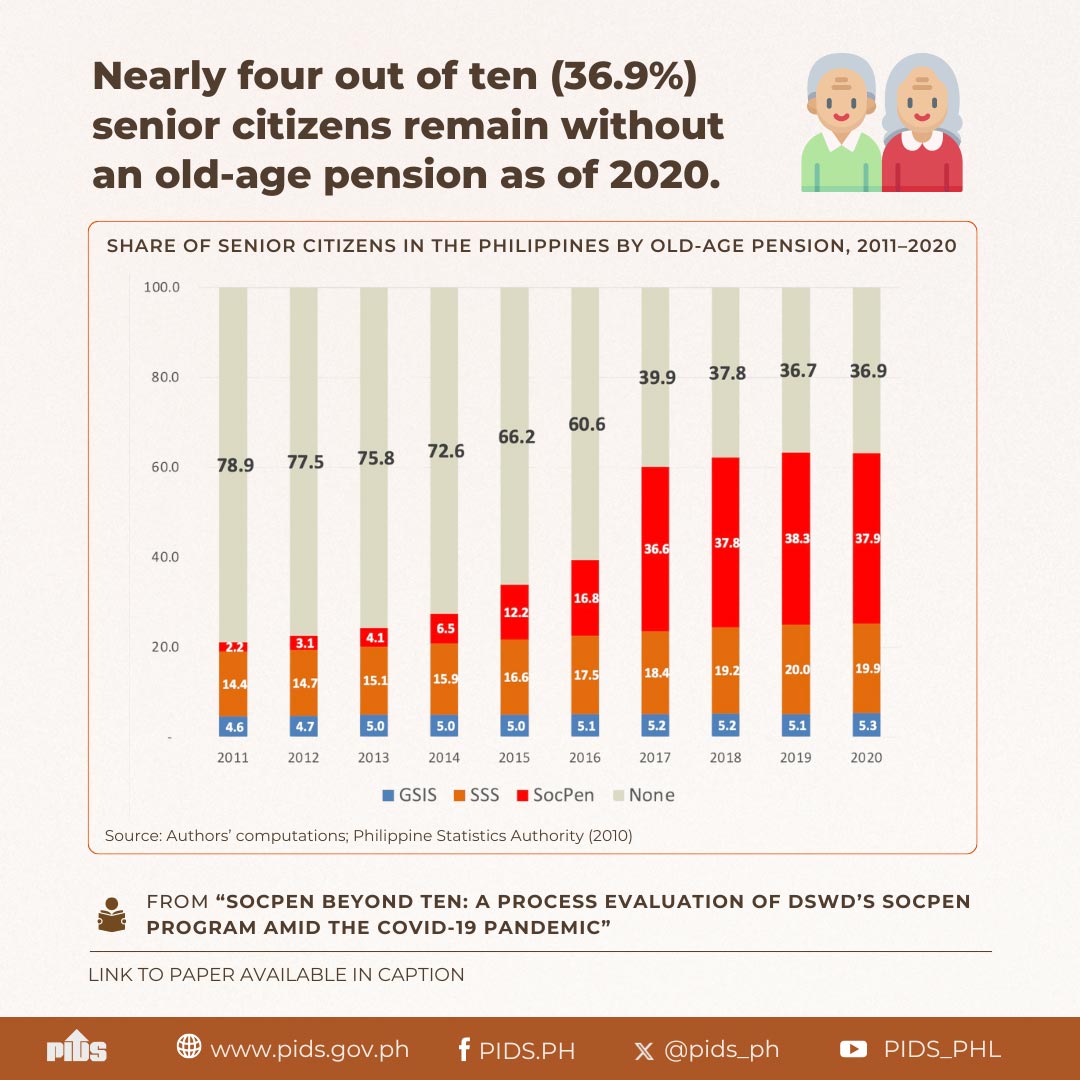CEBU, Philippines - In order for Small and Medium Enterprises (SMEs) to survive under the pressured environment of integration, advancing financial literacy is pushed, along with other strategies to sustain the lifespan of small businesses.
A report published by government-run think tank Philippine Institute for Development Studies (PIDS) indicated that the financial literacy that will be provided to SMEs should entail standard education and technical programs across economies to "encourage SMEs to become better versed and more capable in dealing with the intricate business environment and regulatory framework.”
The study also urged Asia Pacific Economic Cooperation (APEC) to consider facilitating franchising activities, such as in fast-food chains, hotel chains, car hire companies, and retailing, to further stimulate development of small enterprises.
The APEC has a big role in helping SMEs to survive and that one effective factor is to facilitate franchise activities within the region, bridging connectivity in inter-regional setting.
"Franchising could address most of the constraints faced by SMEs, particularly the lack of skills and access to technology and know-how and, in the case of joint ventures, financial constraints,” the study pointed out.
According to PIDS the best strategy for regional economic integration (REI) is one that adopts a comprehensive development plan for SMEs designed to help them thrive not just in the local setting but overseas too.
Freeman ( Article MRec ), pagematch: 1, sectionmatch:
Governments, should provide SMEs with the opportunities and the means to grow and evolve into major international players so they can boost the national and regional economy, it added.
Moreover, nurturing SMEs should not only be a separate undertaking by individual economies but a collective effort by regional trade groups like the APEC.
APEC leaders have long recognized the role of SMEs in economic advancement. They reiterated at the APEC Summit in Manila held this month their objective to foster SME participation in the international market.
SMEs in the region account for more than two-thirds of total employment, providing jobs to low-income workers in poorer areas within economies. The SME sector, thus, plays a huge role in poverty reduction and inclusive growth, said the report.
The PIDS report urged APEC to sustain all of its ongoing development measures for SMEs even as it recommended new initiatives.
It said two focus areas for further cooperation are the business environment and regulatory framework that are proving to be burdensome for SMEs and MEs.
However, SMEs are also facing barriers, both internal and external, to growth. Internal constraints include lack of access to technology, to skills training, and to finance, while external obstacles include poor physical infrastructure and a complex legal and regulatory framework.
In July, the United Nations Economic and Social Commission for Asia and the Pacific (ESCAP) also released a study calling for government-initiated reforms that will make trade finance services more flexible and tailored to the requirements of SMEs.
The export sector in Cebu has been calling for the resolution of obvious "disconnection” between the players and the government, in terms of connection to credit access.
"There are a lot of things happening, but we don’t know that these programs exist. There should be a proper information dissemination directed for the players,” said Gifts, Decors and Housewares Exporters Foundation Inc., (Cebu-GDH) president Venus Genson.
"The government has so much plans,” she said but some entrepreneurs like herself are not aware of these good support mechanisms.
Cebu Chamber of Commerce and Industry (CCCI) president Ma. Teresa Chan said that SMEs in Cebu on their own have started to connect with regional players to position themselves in the changing business paradigm brought about by regional integration, as well as globalization. (FREEMAN)












